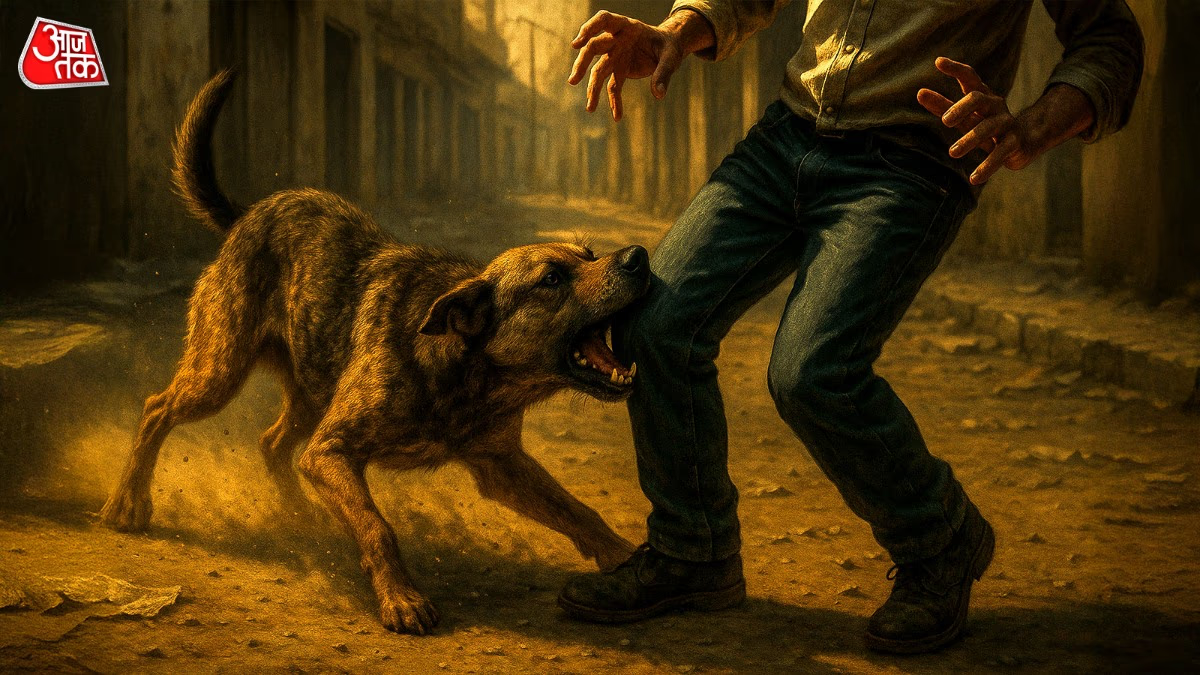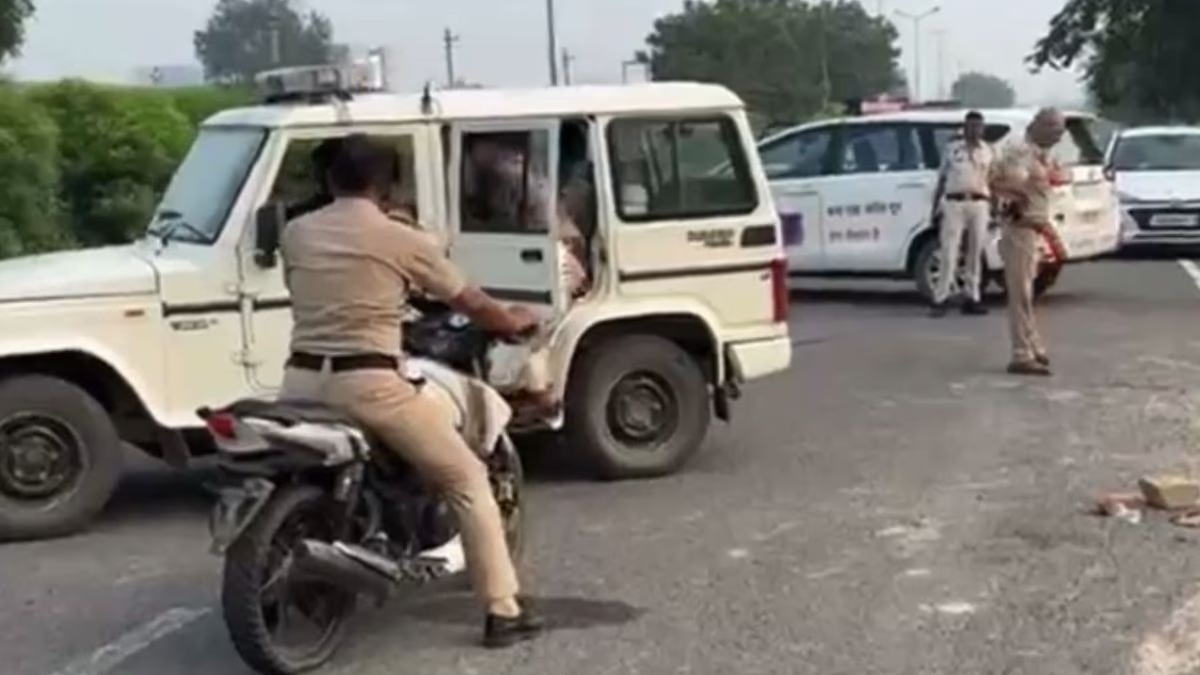In recent times, dog bite incidents have been alarmingly frequent, with some resulting in fatalities. Responding to this, the Supreme Court directed officials in the Delhi-NCR region to promptly relocate stray dogs to shelters. Highlighting the critical stray dog issue, the court instructed that these dogs be taken to shelters and warned of strict action against anyone hindering this process.
This directive has sparked protests. Recently, animal welfare activist Ambika Shukla, also the sister of Maneka Gandhi, told the media that rabies is a delicate virus which can be washed away with soap. Let's examine the reality of Ambika Shukla's assertion.
How Accurate is Ambika Shukla's Claim?
Ambika Shukla's claim holds partial truth. Cleaning a wound with soap and water for at least 10-15 minutes can remove bacteria, yet this is merely an initial precaution, not a complete treatment. Post-cleaning, a doctor's visit is essential, along with a recommended vaccination to reduce rabies risk.
What if you're bitten by a suspicious animal?
In India, the fear of dog bites has become a formidable challenge. According to the Economics Times, about 3.717 million dog bite cases were recorded by 2024, amounting to over 10,000 daily incidences.
The World Health Organization estimates that rabies causes 18,000-20,000 deaths annually in India, accounting for over 36% of worldwide rabies deaths. Children under 15 face the highest threat from street dog attacks.
notes that animals may bite if provoked or threatened. An attempt to remove food from a dog or teasing a pet may provoke bites. However, bites often occur unprovoked, indicating insecurity or aggression in the animal.
The World Health Organization provides guidelines for action upon exposure to a potentially rabid animal.
Category I-
Touching or feeding animals; contact not involving any exposure to saliva on broken skin.
Action:
Washing the surface of exposed skin.
Category II:
Licking on open skin; minor scratches or grazes without bleeding.
Action:
Wound cleaning and immediate vaccination.
Category III:
Single or multiple bites, scratches, or licking on broken skin.
Action:
Immediate wound cleaning, vaccination, and rabies immunoglobulin or monoclonal antibodies.
Immediate Actions After a Dog Bite:
If bitten, cleanse the wound thoroughly with soap and running water for 15 minutes. Then, apply an antiseptic bandage and seek medical attention. Treatment will depend on whether the biting dog has been vaccinated against rabies. If so, a tetanus shot may also be recommended.
Educating children about the risks and prevention of dog bites, including avoiding stray dogs and not leaving them alone with any dog, is crucial.




